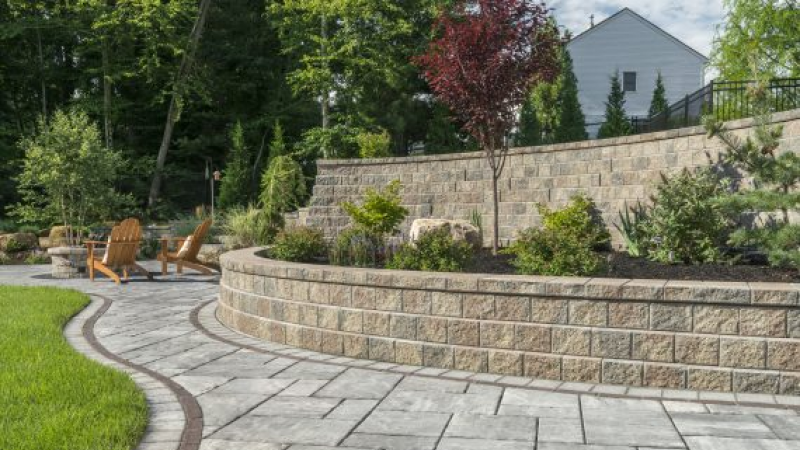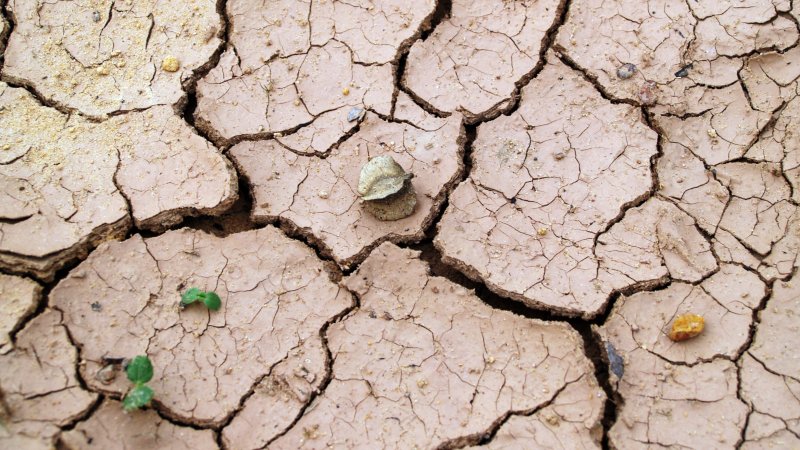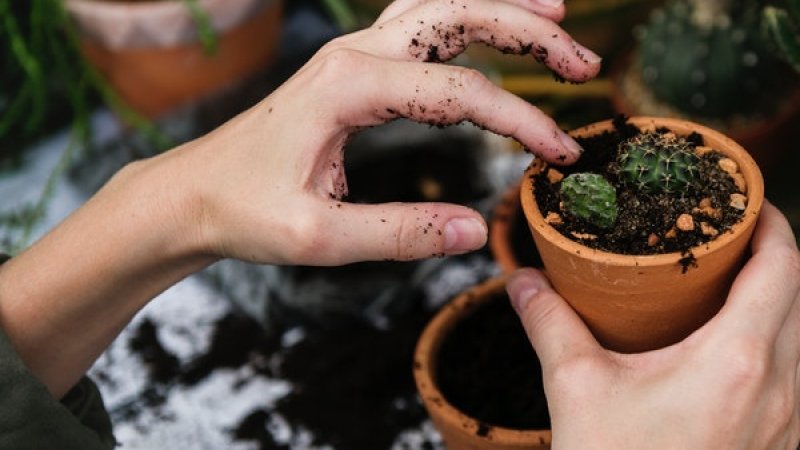Mulch is a protective layer which can be spread on top of the soil and/or around your plants to cover it.
This covering helps to reduce leaching and soil erosion, prevents weed growth, conserves moisture, maintains soil temperature, and provides an attractive backdrop for your garden.
It is one of the best and most beneficial soil supplements that you can use in your garden.
Types of Mulches
Mulches are generally classified into two major types: organic and inorganic mulch.
Organic mulches are those natural substances that are derived from plants and animal materials which improve soil fertility while decomposing over a long time. They include wood chips, barks, pine straw, pine needles and chopped leaves.
Inorganic mulches include materials such as newspaper, landscape fabrics, pebbles, rocks, and recycled rubbers.
Selecting the Right Mulch for Your Garden
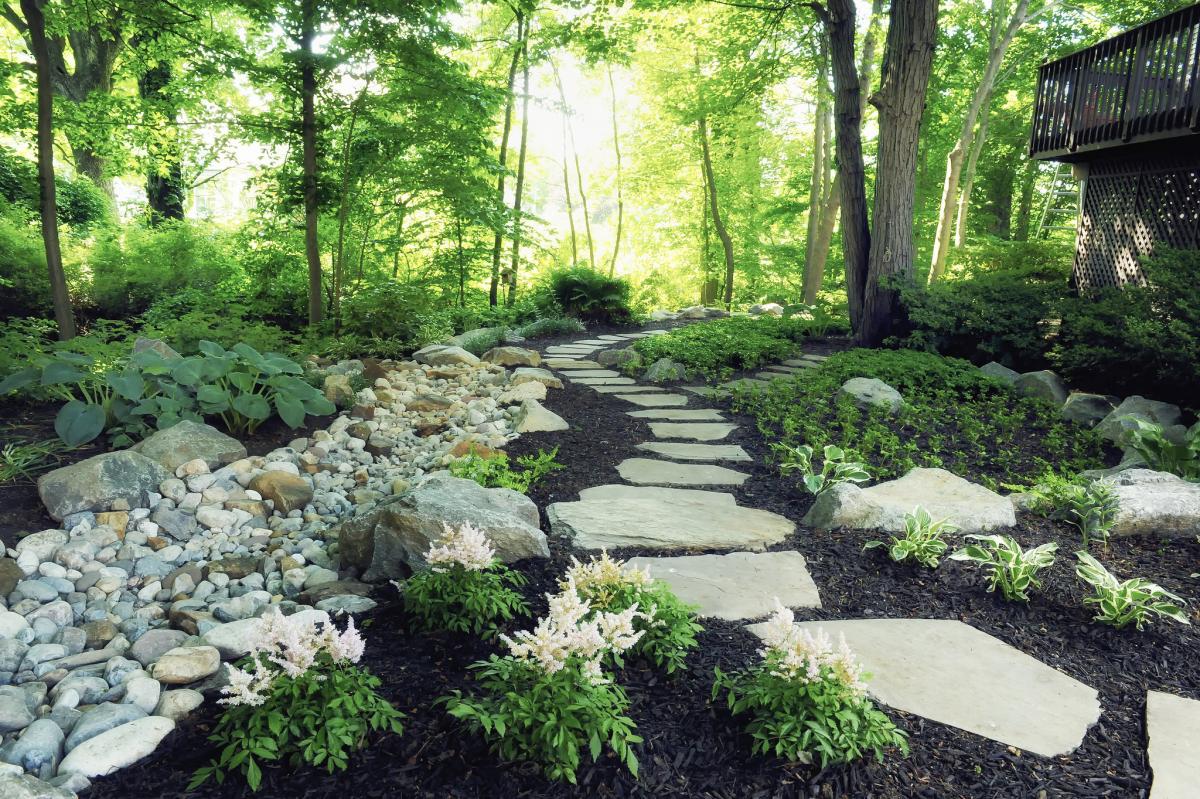
While you are working on your garden as autumn is looming around the corner, it is important to remember that there is no one mulch that fits all types of garden.
An understanding of the various types and characteristics of mulch will be of great help in making the right decision about the choice of mulch for your garden. The first thing you have to do is consider your situation - which type of mulch would you need, summer mulch or winter mulch.
For us in Queensland early in the year, the focus would be on winter mulch, as it is normally applied during autumn just when the soil is starting to get cold.
Chopped leaves, pine mulch, and straw tend to be the best materials to act as mulch during the upcoming colder season. This type of mulch is used to shield the bodies of the woody plants, and ensure that the soil is constantly cool throughout the winter.
Types of Landscape Mulch
Different types of mulches work for different types of gardens - choosing the right mulch for your landscape is imperative for the longevity of your garden.
Pine Straw
Pine straw does not break down as quickly as other mulches and supplies nutrient as well as organic material to your plants. It insulates the roots against extreme weather conditions. Pine straw does not attract pests. Pine straw is used around plants that prefer acidic soil conditions.
It’s the ideal mulch for shrubs, trees, and vegetable gardens.
Wood Barks and Chips
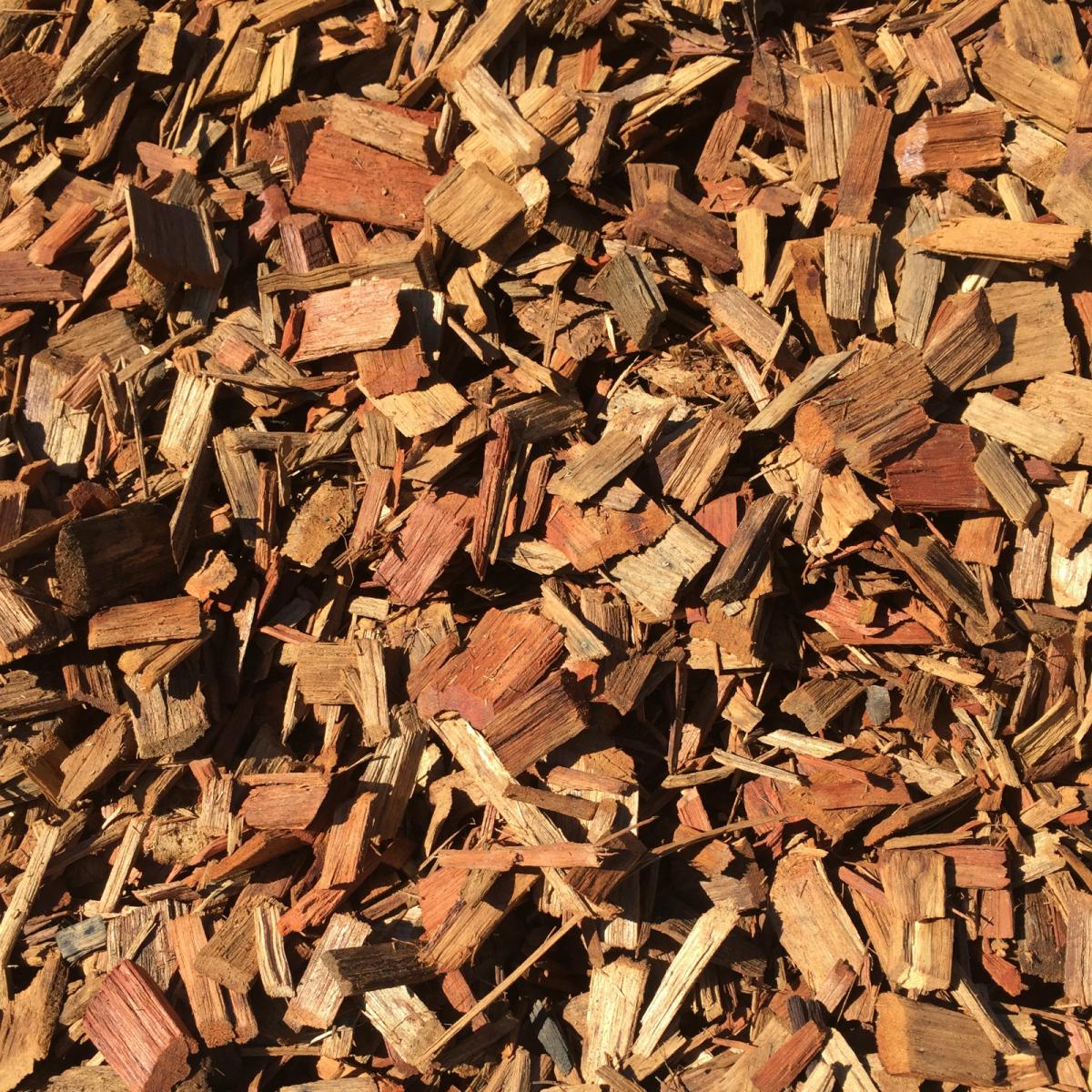
These are more commonly used as mulches for trees, shrubs and garden beds.
The shredded type may be applied to slopes or steep embankments, it is very economical and good at retaining water. It will make your garden looks great and at the same time help control soil erosion.
Anti Termites Mulches
Attention Queenslanders! Certain locations in Queensland require gardeners and landscapers to be aware of termites, ants and the likes. To combat this issue, WLS strongly recommends to be safe than sorry, and keep your bed of mulch 20 - 30 cm away from any wooden surfaces.
You could also get specific types of mulches that will repel termites away such as Sugar Cane Mulch, Tea Tree Mulch, and mulches that Cypress-wood based. These types of mulches contain a certain amount of tea tree oil in the mulch that repels the termites and insects away.
Pebbles and Gravels
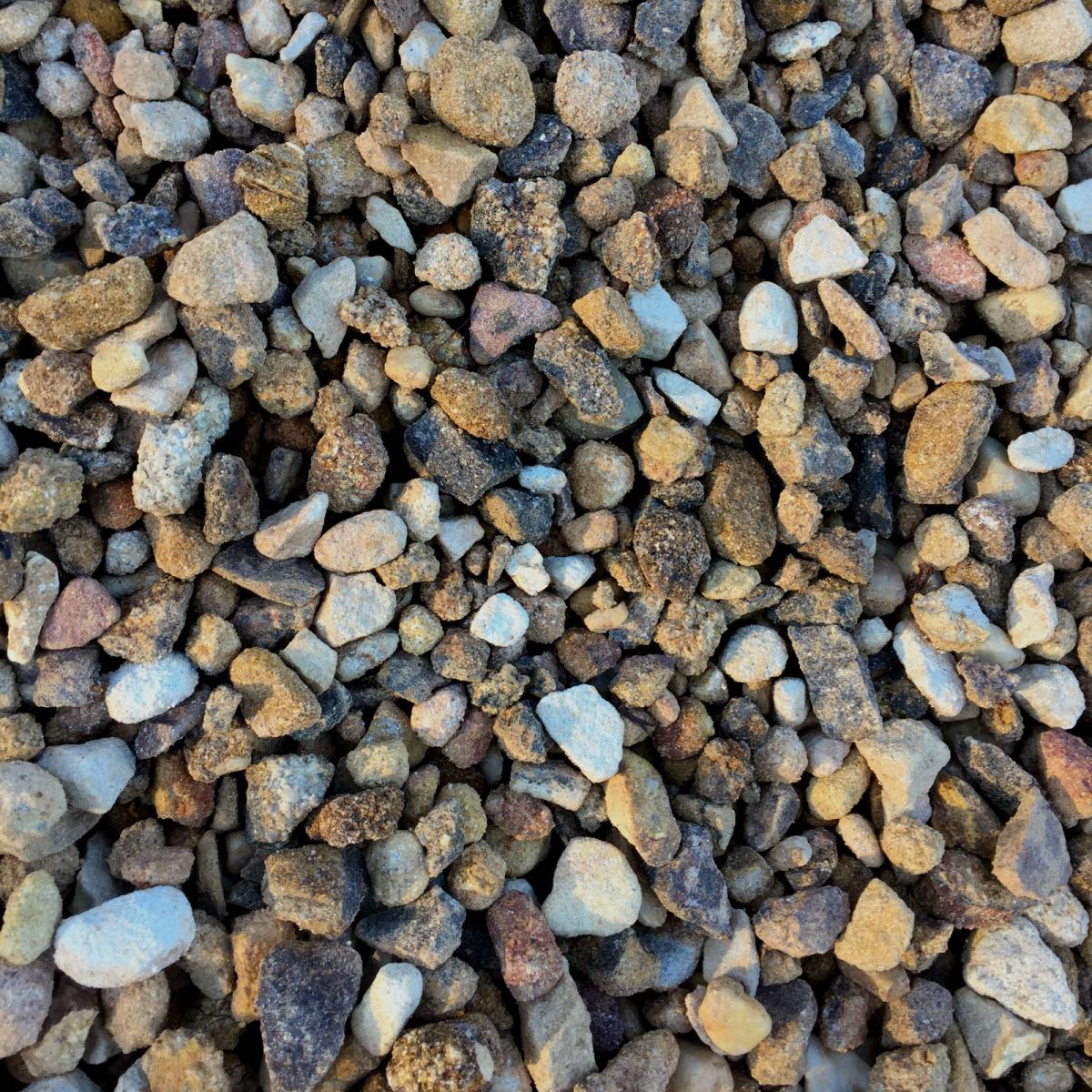
Mostly used for Mediterranean-type and succulents plants, it provides long-lasting mulch and helps in reducing soil evaporation. It includes products like river stones and gravel which make an appealing design feature for your garden.
Usage of pebbles and gravels, however, does not improve soil fertility.
Extra Gardening Tips
Compost
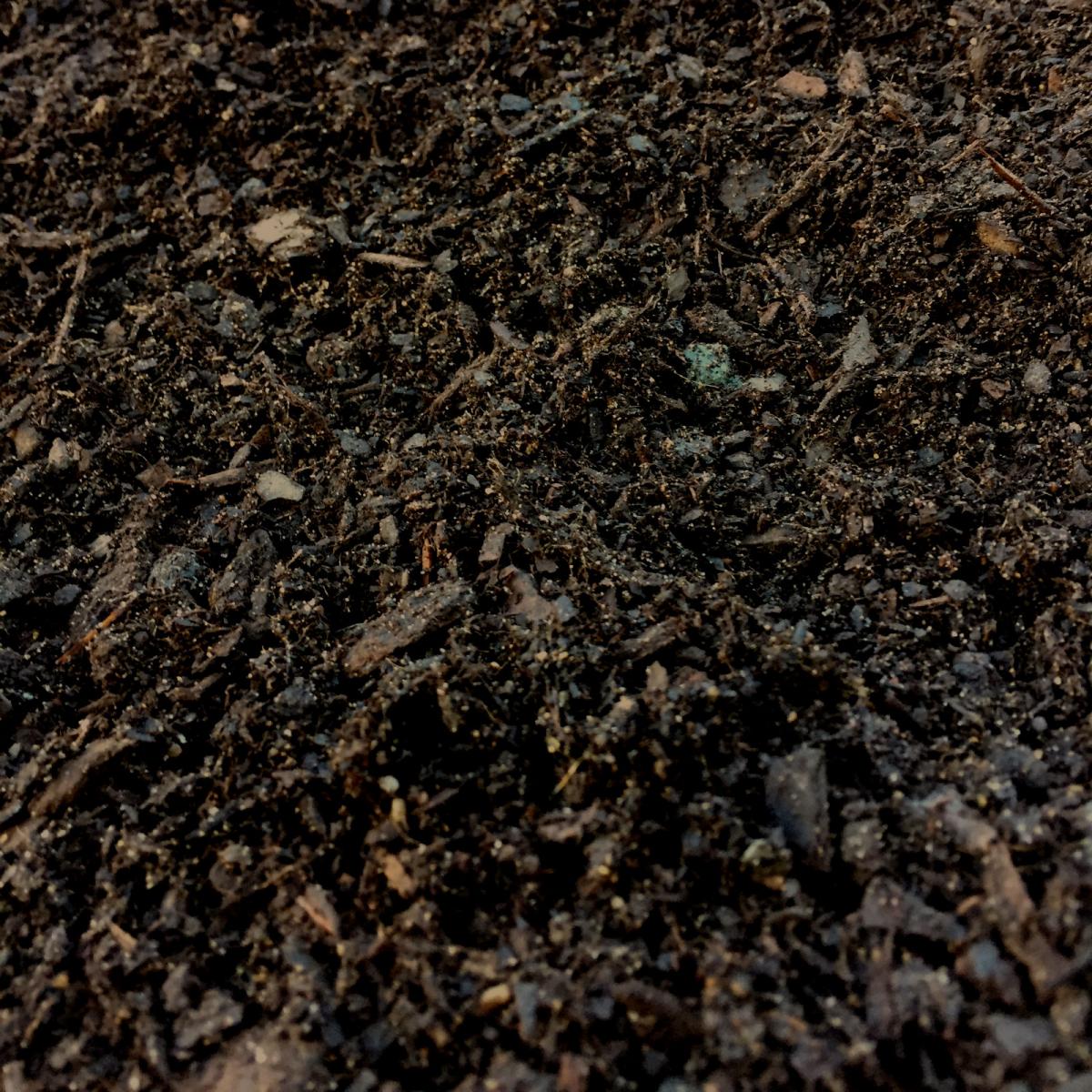
Before mulching, having compost in your garden bed is always a good idea. Compost feeds the soil and they are often mixed together to hold moisture and keep the soil aerated to give it structure. It has great evaporation control and is good because of its high humus content.
It is also easy to spread around accomplished gardens because of its fine particles, which will sift down to the root of plants. Compost is perfect to be used when you are working on planted flowers and veggie beds.
Black Plastic or Weedmat
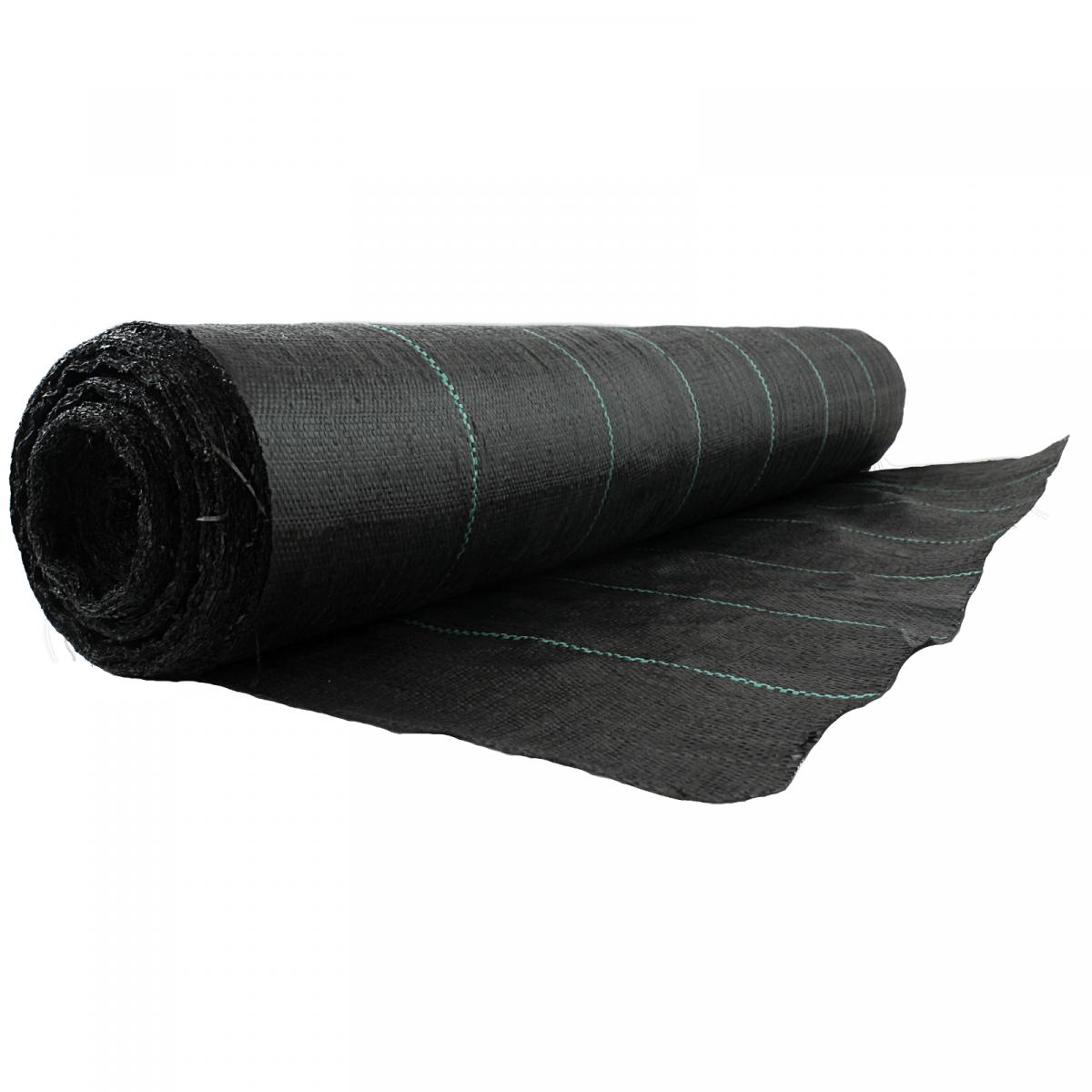
Weed mat is effective for weed control. A good practice is to place the weed mat in between the soil and mulches - as it supplies warmth to vining crops, retains soil water and suppresses weed growth.
It is highly suitable for fruit garden and vegetable garden. Vining crops such as melons, strawberries, and cucumbers will be protected from decaying and the crops will be kept clean.
WLS Landscape Supplies stores in Brisbane and Gold Coast are open for you to visit and you can get expert opinions from our experienced staff. The best part is, you could also shop online!

